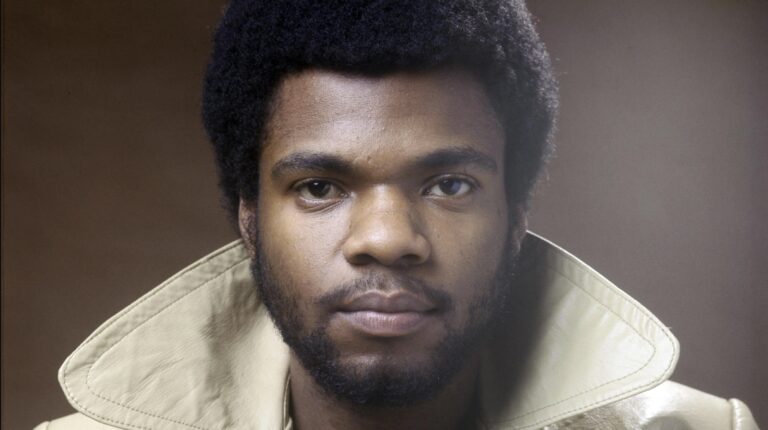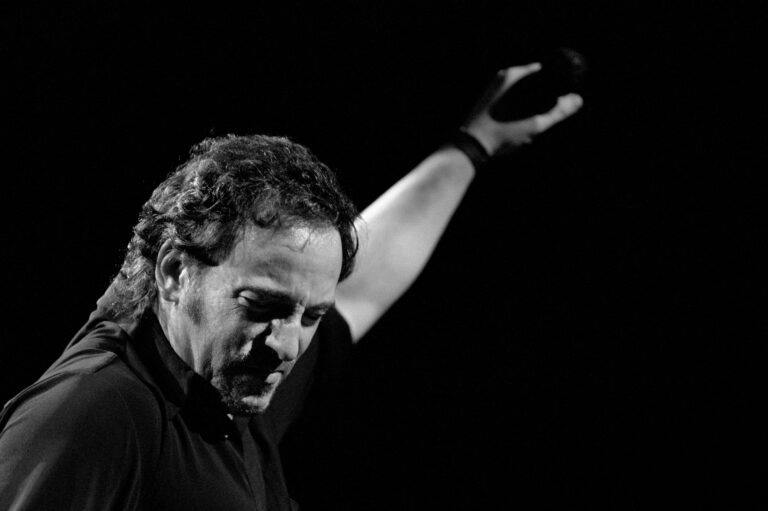
Country Star Luke Combs Discusses OCD Diagnosis

Country music superstar Luke Combs has opened up about his battle with a rare and challenging form of obsessive-compulsive disorder (OCD) known as Pure O. During an intimate sit-down with 60 Minutes Australia, Combs delved into how his life has been shaped by this relentless mental health condition since his formative teenage years, starting around the age of 12 or 13. The Grammy-nominated singer shared harrowing details of his ordeals, specifically highlighting a recent trip to Australia that marked one of his most severe flare-ups in recent years. Despite the chronic nature of the disorder, Combs revealed his dedicated journey to manage and mitigate its impact on his life and career.
Pure O is a variant of OCD where an individual suffers from obsessive thoughts without the more commonly recognized physical compulsions typically associated with OCD. Instead, his battles are internally waged against a barrage of intrusive, often distressingly violent thoughts that persist irrespective of his attempts to suppress or ignore them. Combs emphasized the cyclical nature of the affliction—how attempts to divert attention away from the involuntary thoughts only escalate anxiety and perpetuate the cycle of distress. Combs described this form of OCD as “particularly wicked” due to its insidious nature. The disturbing thoughts generate significant stress without outward symptoms, complicating the identification and validation of the condition in the eyes of others.
Combs provided insight into the exhausting mental gymnastics required to manage these thoughts. He discussed how crucial it is to acknowledge these thoughts without attributing meaning to them, thus reducing their emotional impact over time. Learning to accept the thoughts as meaningless sensations, Combs explained, is a key step towards alleviating their undue influence on his psyche. This practice, while mentally taxing and requiring constant vigilance, is essential to controlling the disorder's effects.
Combs's revelation serves a dual purpose: not only does it confront public misconceptions about OCD, but it also provides solace and solidarity to others who might be silently suffering. His openness is crucial in shedding light on what OCD truly entails—a complex mental health issue marked by “a pattern of unwanted thoughts and fears known as obsessions,” as explained by the Mayo Clinic, which subsequently drives individuals toward compulsive behaviors in attempts to neutralize these fears. By sharing his personal experience, Combs hopes to eventually work with youth who face similar challenges, wanting to offer what he felt was lacking during his own adolescent years: support and understanding.









